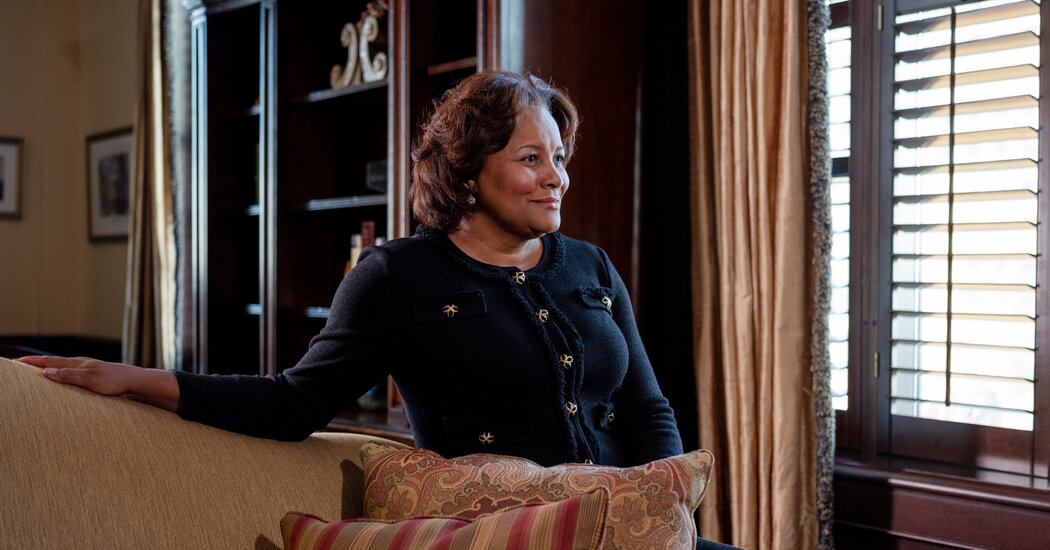
Should Judge Childs emerge as the nominee to replace Justice Breyer, who announced last month that he planned to retire, she would most likely draw at least some bipartisan support. After President Barack Obama nominated her to her current post on the U.S. District Court in South Carolina in 2009, the Senate confirmed her through a voice vote.
Senator Lindsey Graham, Republican of South Carolina, who supported Judge Childs in that nomination and has heaped praise on her since her name emerged as a candidate for the Supreme Court, said he had told the White House that she could get the support of at least 10 Republicans in the evenly divided Senate. “I am confident that if Michelle Childs was chosen and did well at the hearings, which I think she would, that 60 votes-plus would be in play,” Mr. Graham said.
Her most high-profile rulings from the federal bench show her leanings on sensitive topics of national resonance and consequence.
In 2014, she ruled in favor of two women who sued the state to have their marriage, which had been performed in Washington, D.C., recognized in South Carolina. In the case, Bradacs v. Haley, Judge Childs found that the couple had “articulated a constitutionally protected, fundamental liberty interest in the right to marry,” and that the state’s failure to recognize the marriage was unconstitutional. The ruling, while narrow, was one of a pair that effectively gutted the state’s same-sex marriage ban.
In 2020, Judge Childs struck down a South Carolina rule that would have required a witness to sign absentee ballots, potentially making it harder to vote, particularly during the coronavirus pandemic. In granting a preliminary injunction, which was later largely struck down by the U.S. Supreme Court, Judge Childs rejected an argument from state officials that the witnesses could aid in potential investigations of voter fraud. The argument, she wrote, “is undercut by an utter dearth of absentee fraud.”
In December, Mr. Biden announced he would nominate Judge Childs to the federal appeals court for the District of Columbia Circuit, a frequent staging ground for potential Supreme Court justices. Her confirmation hearing was postponed after the White House confirmed that Judge Childs was under consideration for the Supreme Court.




